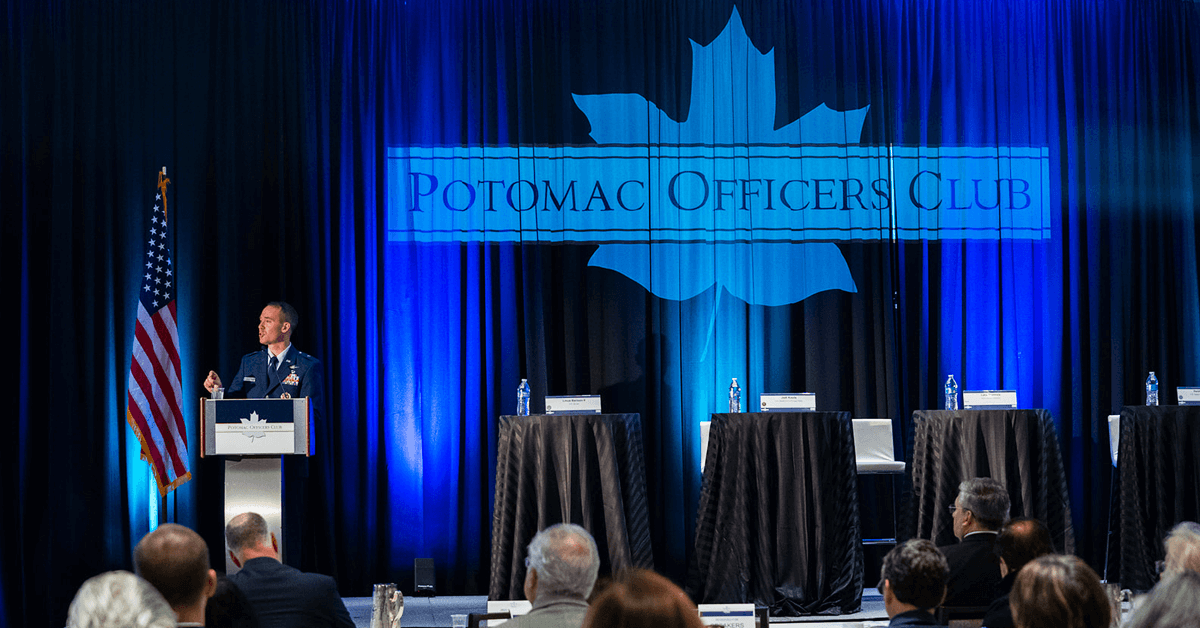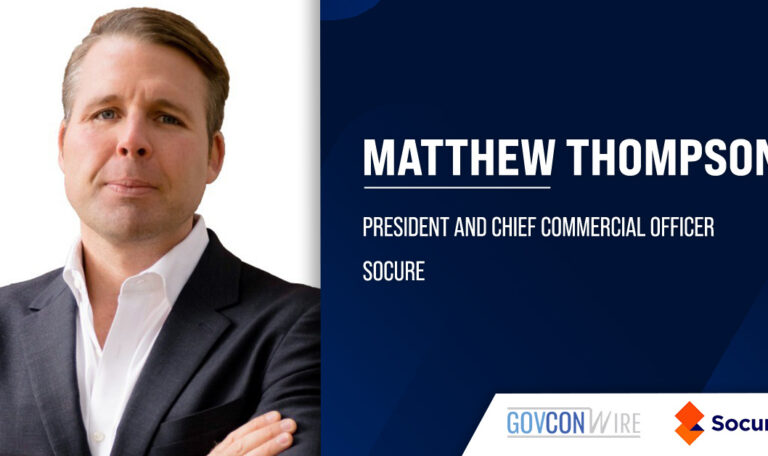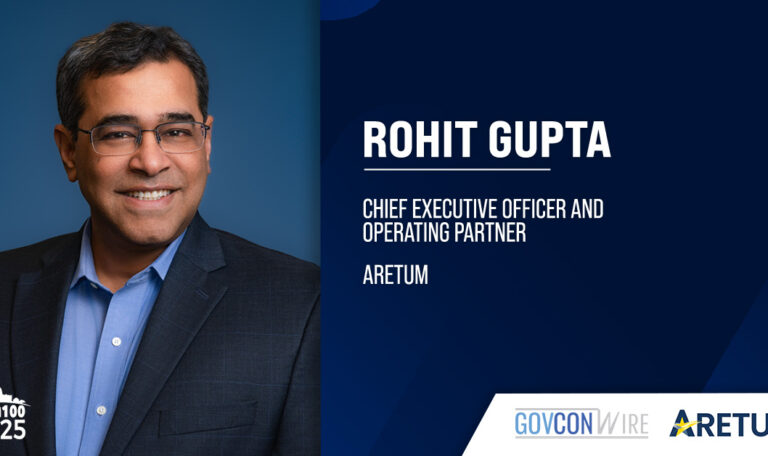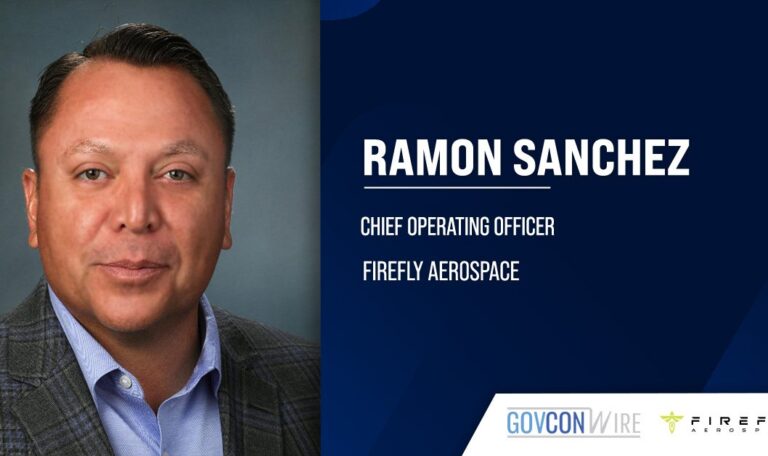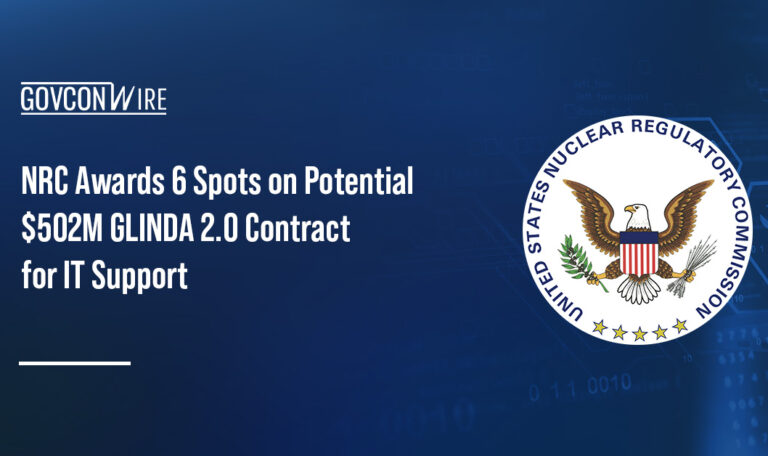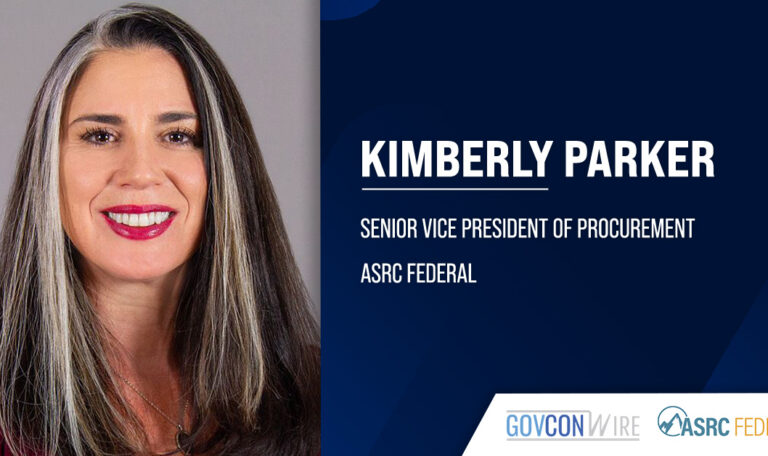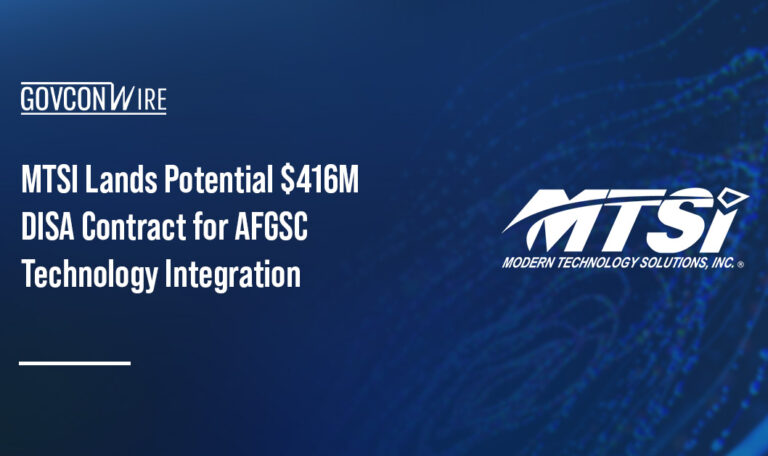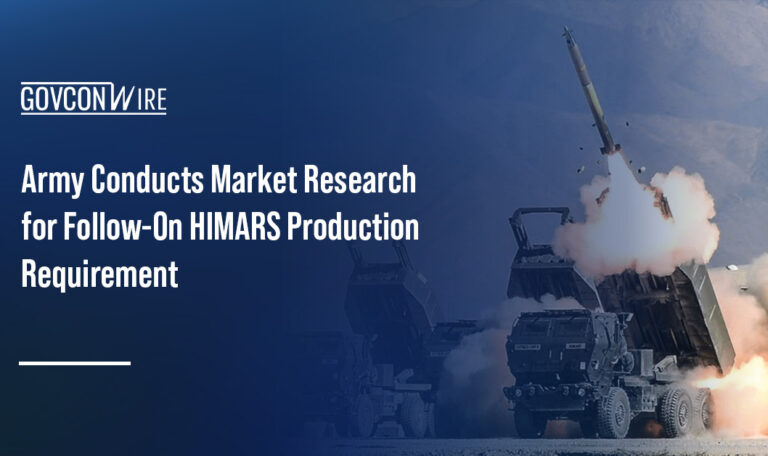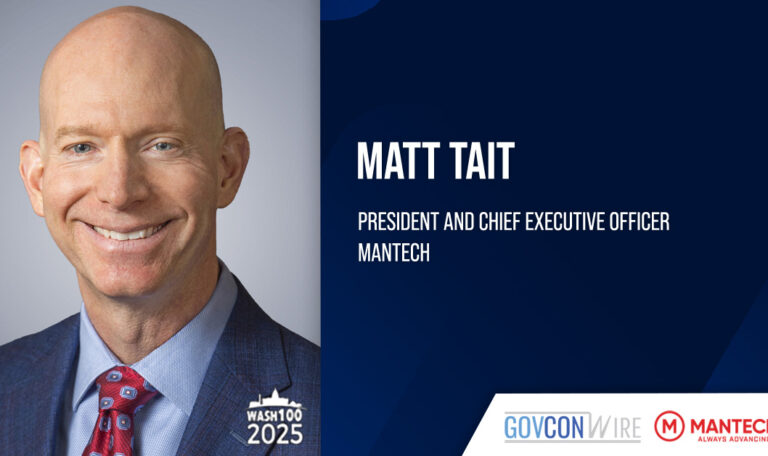The United States now regularly and publicly participates in cyber warfare. However, 20 years ago — even as recently as a decade ago — this was highly classified information, not permitted in the Title 10 or Title 50 spaces. It has only been in recent years that such practices have become more normalized and widely accepted in national and international contexts.
Given that U.S. Cyber Command was initiated in 2010, this means its existence predates the time when such “offensive hacks” were a matter of public knowledge. Brig. Gen. Reid Novotny cited CYBERCOM’s involvement in this modern, once-covert form of combat among a list of many qualities that distinguish it from other government agencies and military service branches in a keynote address Thursday at the Potomac Officers Club’s 2023 Cyber Summit.
CYBERCOM is set apart because it’s a “service-like combatant command,” per Novotny, who is special assistant to the director of the Air National Guard for CYBERCOM J5, where he serves as deputy director of plans and policy.

“Services buy things, they train people, they equip missions. [U.S. Special Operations Command] is a similar combatant command, but Cyber Command has that authority, different than a [U.S. Transportation Command], a [U.S. Central Command], or [U.S. Indo-Pacific Command]…Cyber Command has the capability to buy, train and equip,” Novotny laid out.
Novotny said CYBERCOM’s authorities are also distinct from agencies like the FBI, the Department of Homeland Security and the Coast Guard, because there are different authorities in cyberspace, which the Brig. Gen. deems “exciting.” However, he said the organization is currently working closely with the Coast Guard to try and maximize their potential in conjunction with CYBERCOM.
According to Novotny, there is a memo headed to the desk of Secretary of Defense and 2023 Wash100 Award winner Lloyd Austin very soon for approval that would make the Coast Guard an official part of the cyber mission force. Novotny said “everyone has agreed on” the motion and that the DOD component’s port security capabilities in particular would provide a physical reinforcement to CYBERCOM’s cyberspace operations.
Partnership in general is a central piece of what CYBERCOM does and how it accomplishes its goals. Five Eye ally countries are an obvious primary collaborator, and Novotny cited Canada as an especially formidable cyber force. But beyond the Five Eyes, whom Novotny categorized as “tier one” partners, and past even the “tier two,” which includes nations such as Japan and Israel, the “tier three” are most revealing on a geopolitical level.
“This is actually the war that we’re in right now—the war of partnerships,” Novotny stated. He described how these tier three countries exist in a nebulous space where they might be partnering some with the U.S. but also helping out known adversaries such as China too. It’s Novotny and other military leaders’ job to visit and negotiate with such gray area nations to “make sure they’re more on our side than their side.”
Gen. Paul Nakasone, commander of CYBERCOM and a Wash100 Award winner, recently announced he would be stepping down from the role. He will be succeeded by Lt. Gen. Timothy Haugh, who Novotny said has been a long time colleague of Nakasone. Novotny also told the audience at the summit that because of their long working relationship, he seriously doubts Haugh will shift the priorities of the command much from what Nakasone has established, calcified in a recently introduced mantra: “sharpen, strengthen and execute,” with the “sharpen” aspect pertaining to “sharpening our readiness, focus and resilience.”


